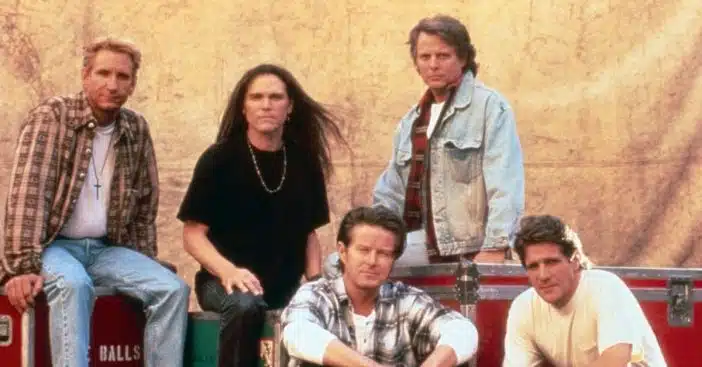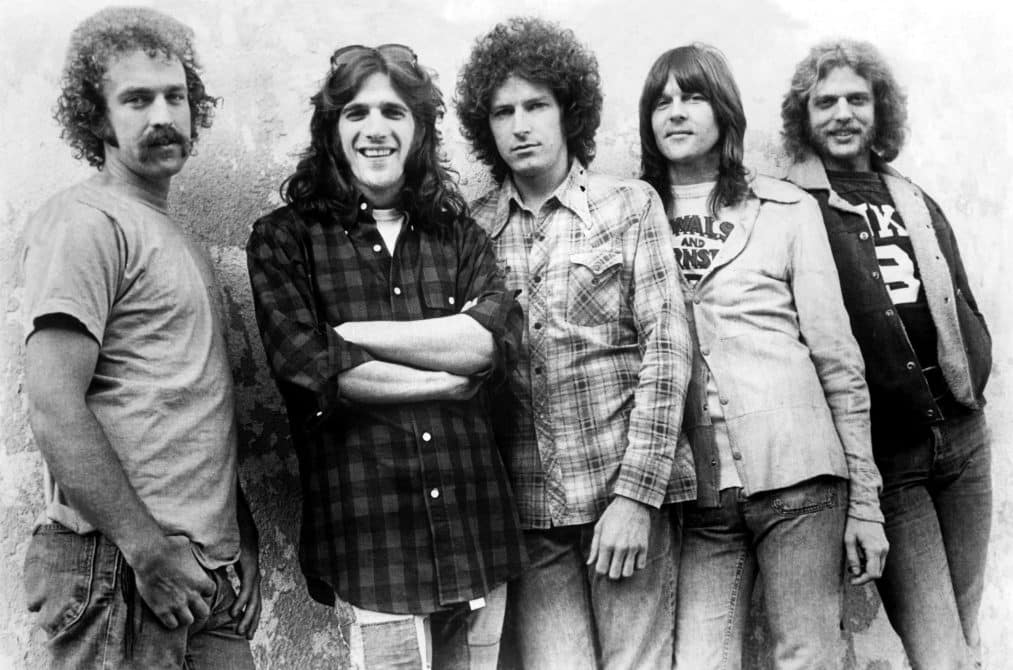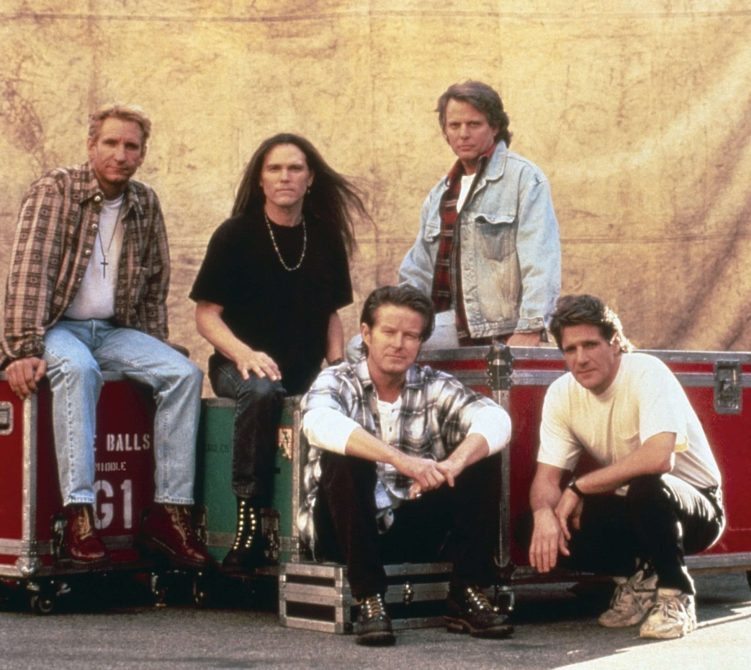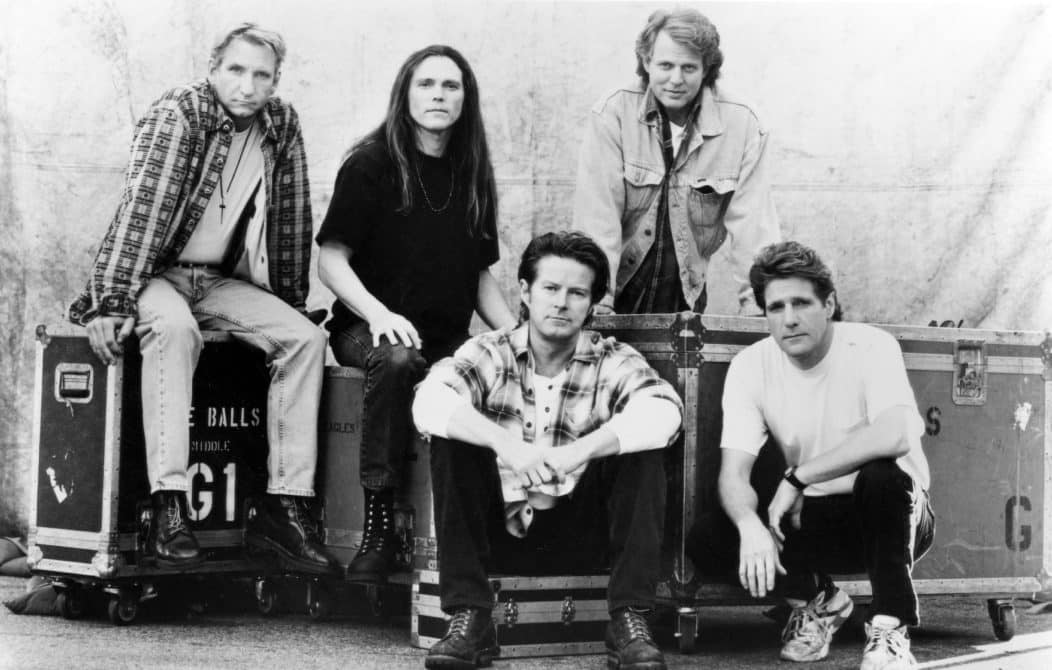
Glenn Frey, Don Henley, Bernie Leadon, and Randy Meisner initially formed the American rock band the Eagles in 1971; however, over the years, other band members have joined and departed. Throughout the ’70s, the band achieved commercial success by releasing chart-topping albums and singles, but it was the 1976 album Hotel California that etched their name into the annals of superstardom.
A legal pursuit has recently thrust the Eagles‘ iconic song “Hotel California” into the spotlight. The band’s pioneer member, Don Henley, is set to testify against three people — Glenn Horowitz, Craig Inciardi and Edward Kosinski — accused of being in illegal possession of, and making an attempt to sell, the Eagle’s handwritten lyrics of “Hotel California” and other beloved tracks from the band’s repertoire.
Eagles’ ‘Hotel California’ lawsuit

Horowitz, who deals in rare books, was said to have bought the Eagles manuscript for $50,000 from Ed Sanders, who allegedly stole the notepad from the band while working on an autobiography that was never published. Horowitz then sold them to Inciardi, a former Rock & Roll Hall of Fame curator; and Kosinski, a memorabilia collector. While the duo tried to sell them in 2012, Henley got wind of it and paid $8,500 to acquire the “Hotel California” notes.
RELATED: The Eagles Song Don Henley And Glenn Frey Regretted
Two years later, Kosinski tried to sell additional lyrics to Sotheby’s, which made Henley inform them of the possibility that the manuscripts were stolen. “When Don Henley learned that Inciardi and Kosinski were trying to sell portions of the manuscripts, he filed police reports, told the defendants that the materials were stolen, and demanded the return of his property,” he stated in 2022. “Rather than making any effort to ensure they actually had rightful ownership, the defendants responded by engaging in a years-long campaign to prevent Henley from recovering the manuscripts.”

In an interview with Fox News Digital, Eric Anderson, who serves as counsel at Early, Sullivan, Wright, Gizer & McRae, highlighted a critical point. He explained that while the defendants may not have initially been aware of any theft, their subsequent actions aimed at obstructing Henley’s efforts ultimately made them guilty.
“But according to the claims, once they became aware, instead of working the issue out with the Eagles, they lied about how they acquired the lyrics and did everything possible to delay and disguise the truth. They claimed that they were given the lyrics by Henley’s deceased bandmate, Glenn Frey,” he explained. “While this easily could have been addressed via a civil matter, I think the length of time involved may be what led to a criminal charge here and what appears to be a complete lack of effort on the part of the defendants to resolve this outside of a criminal proceeding. Also, it’s clear that they still attempted to sell the lyrics after there was doubt raised about whether the lyrics were ever legally obtained in the first place.”

He also emphasized that the case is garnering significant attention due to the prominence of the individuals involved and the manuscripts in question, which are currently valued at over $1 million. “Handwritten lyrics from the Eagles to what is arguably their most iconic song from one of the best-selling albums of all time?” Anderson added. “That is a gold mine, both in terms of value on the auction/memorabilia market and in terms of publicity.”
